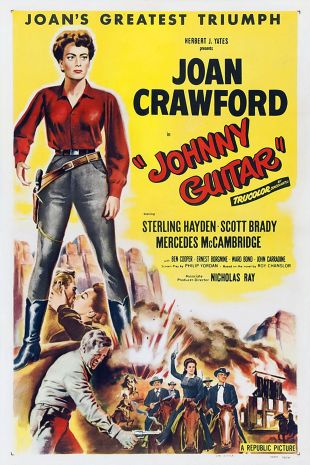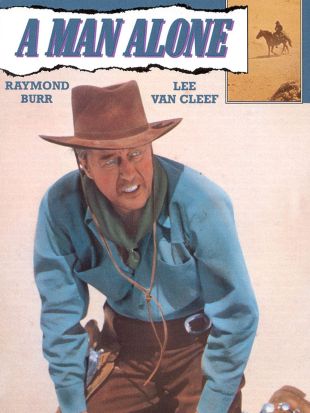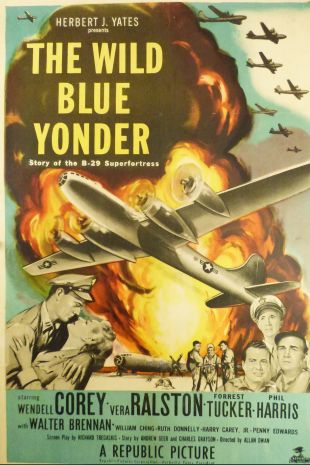The president and founder of Republic Pictures was born in Brooklyn and educated at Columbia University, after which he became an advertising executive for a cigarette company. He began investing in movies in 1912, and a few years later founded Consolidated Film Laboratories, which did the processing work for several small Hollywood film studios. By the early '30s, several of these film companies, most notably Mascot and Monogram, owed Consolidated large amounts of money, and Yates arranged for their take-over and consolidation under the banner of Republic Pictures (Monogram was later revived as a separate organization). With some of the best low-budget film talent in the world, including directors William Witney, John English, and Spencer Gordon Bennett, special effects experts Howard and Theodore Lydecker, and stunt director Yakima Canutt, and a film lab of his own, Yates' creation was a powerhouse among Hollywood's B-studios, putting out Westerns, serials, thrillers, musicals, and other low-rent releases that fed the nation's theaters for more than 20 years and defined popular culture for a majority of the country, especially outside of the major cities. Republic was so successful that by the end of the war, Yates was able to expand into more ambitious productions, including Orson Welles' Macbeth, John Ford's Rio Grande, The Sun Shines Bright, and The Quiet Man, and Lewis Milestone's The Red Pony, many of which not only earned profits but also gave the studio a very high profile. Republic's ace in the hole was John Wayne, whom it had under contract from the beginning of the '40s, and whose fame it both exploited succesfully (The Sands of Iwo Jima, Angel and the Badman) and abused (Dakota, co-starring Yates' wife, ex-skater Vera Hruba Ralston, in one of several films they did together) before he left to form his own production company. The coming of television brought competition to the Westerns and serials that had been Republic's bread-and-butter from which it couldn't recover, and in 1959, after years of declining production and disputes with the unions of his decision to sell the studio's early films to television, Yates closed Republic's doors, selling off the name and libary to National Telefilm Associates, which today goes by the name Republic Pictures Entertainment.
Herbert J. Yates
Share on


